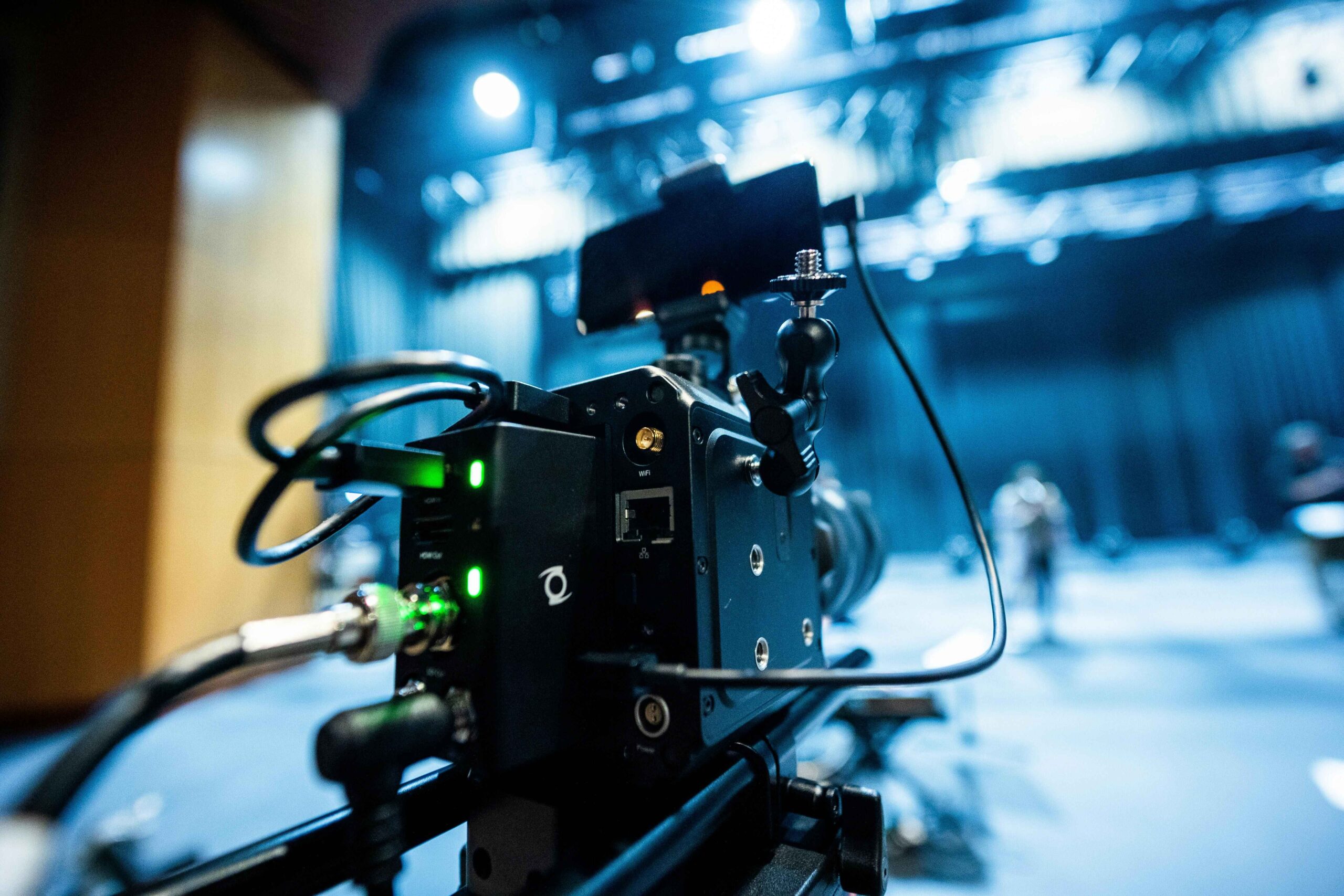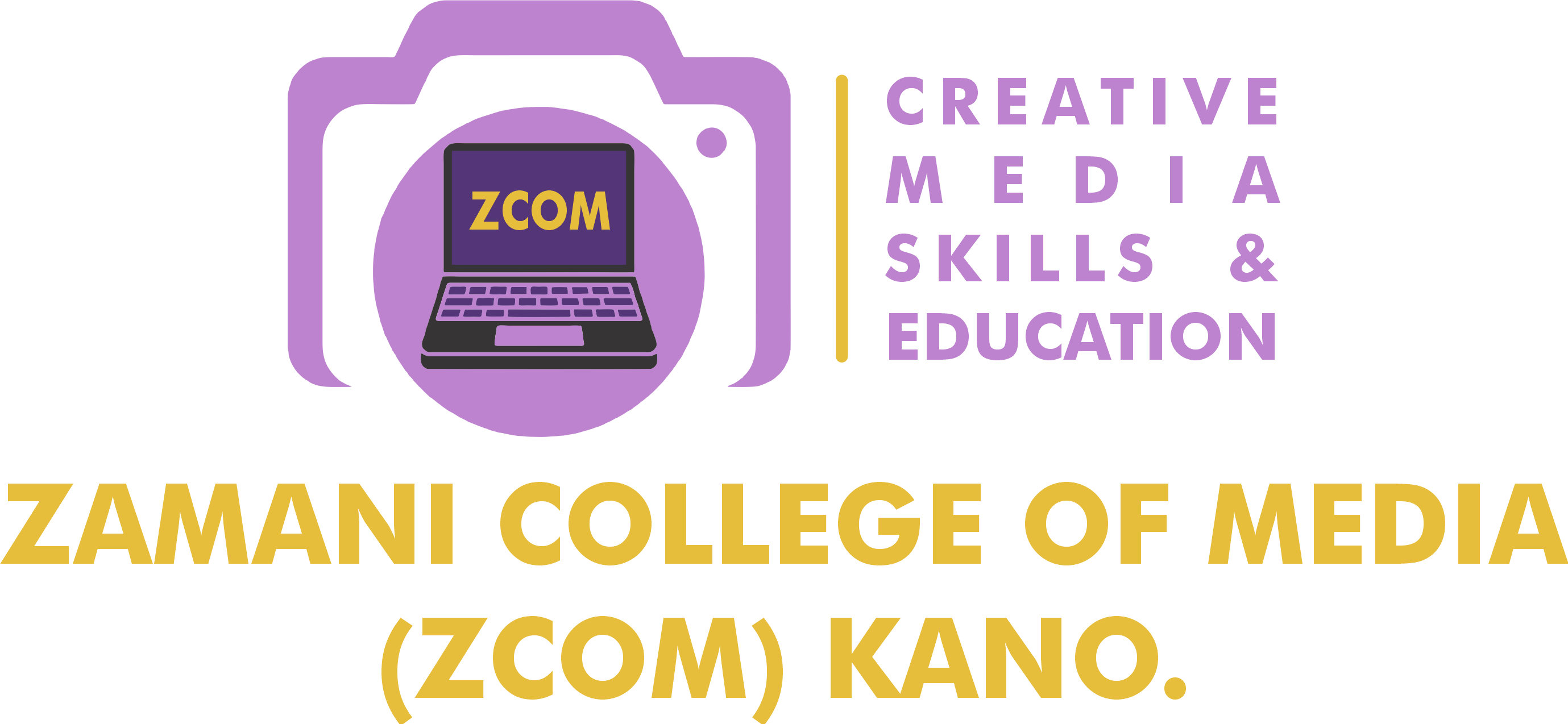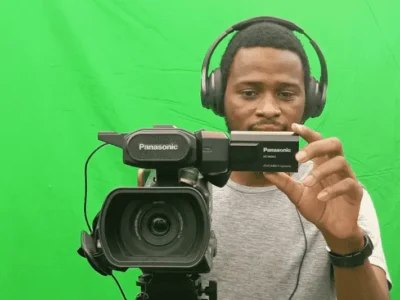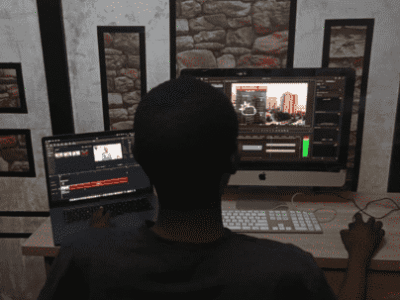
Overview
Cinematography Course Description
Department: Film Production and Technology
Course Overview:
The Cinematography course is designed to provide students with a comprehensive understanding of the art and craft of visual storytelling through the lens of a camera. This course covers essential concepts and techniques used in the film industry to capture compelling visuals that enhance the narrative.
Key Learning Objectives:
Camera Operation: Learn the technical aspects of using various types of cameras, including DSLR, mirrorless, and professional cinema cameras. Understand the mechanics of lens selection, focus, exposure, and framing.
Lighting Techniques: Gain practical knowledge of lighting setups to create mood, depth, and texture in your shots. Study different lighting sources, modifiers, and setups for both indoor and outdoor shooting environments.
Composition and Framing: Explore the principles of composition and framing to create visually appealing shots. Learn about rule of thirds, leading lines, depth of field, and shot sizes.
Visual Storytelling: Understand how to convey emotions, themes, and story elements visually. Learn to collaborate with directors and other crew members to bring the director’s vision to life.
Camera Movement: Master various camera movements such as panning, tilting, tracking, and handheld shooting. Study the use of stabilizers, dollies, and cranes to achieve smooth and dynamic shots.
Color Theory and Grading: Learn the basics of color theory and how to apply it to enhance the visual impact of your footage. Study color grading techniques to create consistent and stylistic looks for your projects.
Technical Proficiency: Develop proficiency in using cinematography software and tools, including digital imaging, video editing, and post-production workflows.
Course Structure:
Lectures and Demonstrations: Attend lectures and watch demonstrations that cover the theoretical and practical aspects of cinematography.
Hands-On Workshops: Participate in hands-on workshops where you will practice camera operation, lighting setups, and other techniques.
Collaborative Projects: Work on group projects that simulate real-world film production environments. Collaborate with peers to shoot short films, commercials, or music videos.
Individual Assignments: Complete individual assignments to refine your technical skills and creative vision.
Guest Lectures: Gain insights from industry professionals through guest lectures and Q&A sessions.
What to Expect:
Students enrolled in the Cinematography course can expect an immersive learning experience that combines theoretical knowledge with practical application. The course will involve a mix of classroom instruction, hands-on practice, and collaborative projects. By the end of the course, students will have developed a portfolio of work that demonstrates their ability to create visually compelling and technically proficient cinematography.
Course Features
- Activities Broadcast and Film Technology Courses






